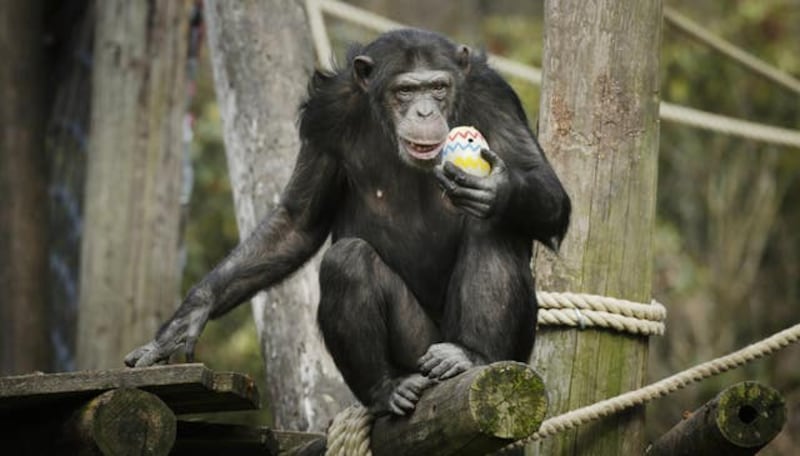Dopamine, a chemical messenger in the brain, does more than just make you feel good.
According to a new study, it is probably responsible for making humans smarter than other primates.
Technically known as a neurotransmitter, dopamine helps send signals from the central nervous system.
It allows information to be passed from one neuron to another and plays an important role in cognitive abilities such as pleasure-seeking, movement, memory and concentration.

Scientists have found our brains produce far more dopamine than the brains of other primates like apes.
The team at the Yale School of Medicine in the US measured the activity of individual genes in tissue samples from 16 brain regions of humans and monkeys.
They found one particular gene, known as TH, is highly expressed in neocortex and striatum areas of the human brain but absent from the same regions in chimpanzees.
TH is involved in the production of dopamine, which is depleted in people living with Parkinson’s disease.
Dr Andre Sousa, a postdoctoral researcher at the Yale lab, said: “The neocortical expression of this gene was most likely lost in a common ancestor and reappeared in the human lineage.”

Researchers also found another gene, ZP2, was active in only human cerebellum – which they thought was surprising because the same gene had been linked to sperm selection by human ova.
Dr Sousa added: “Our brains are three times larger, have many more cells and therefore more processing power than chimpanzee or monkey.
“Yet there are also distinct small differences between the species in how individual cells function and form connections.”
The research is published in the journal Science.








